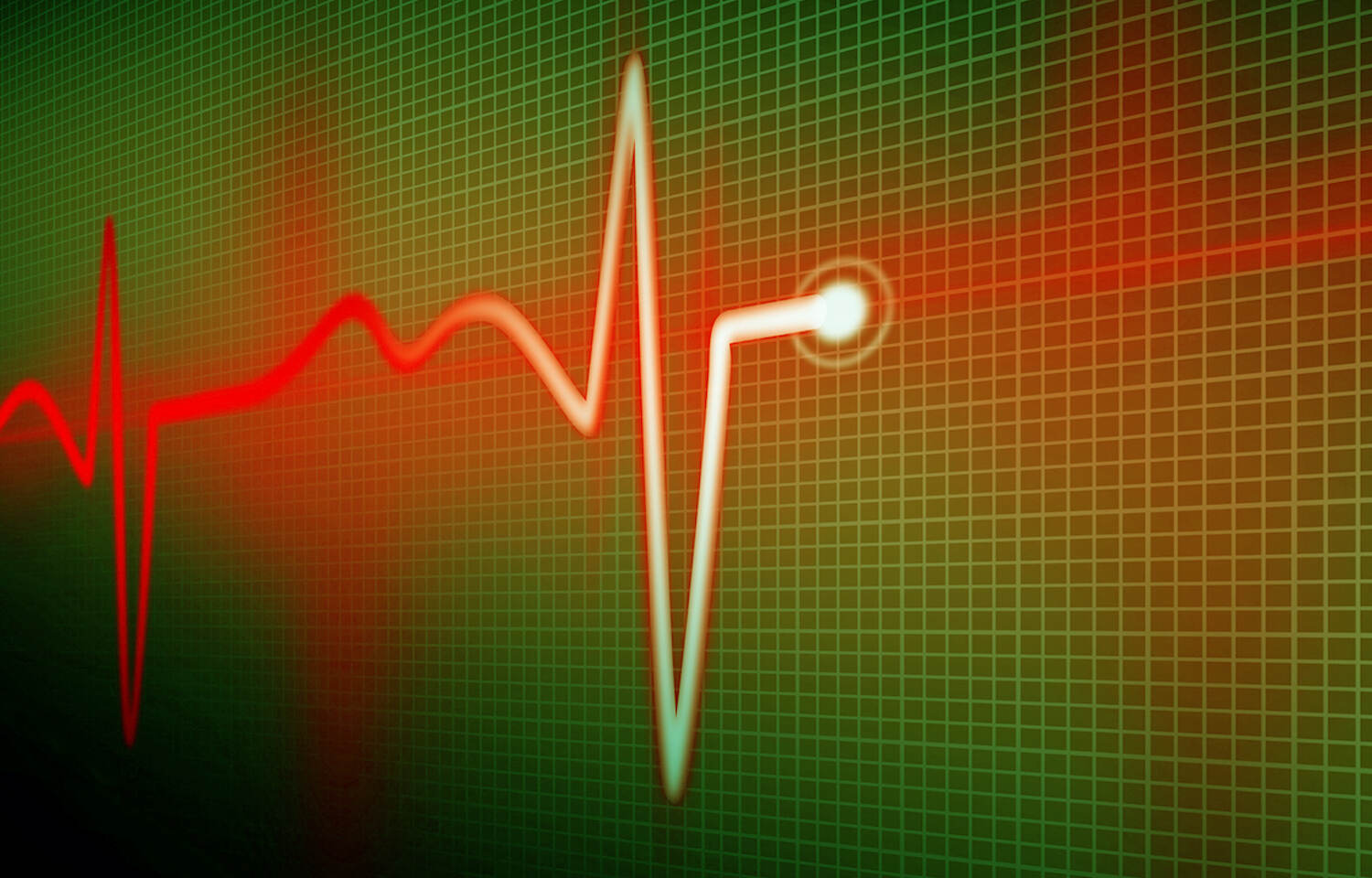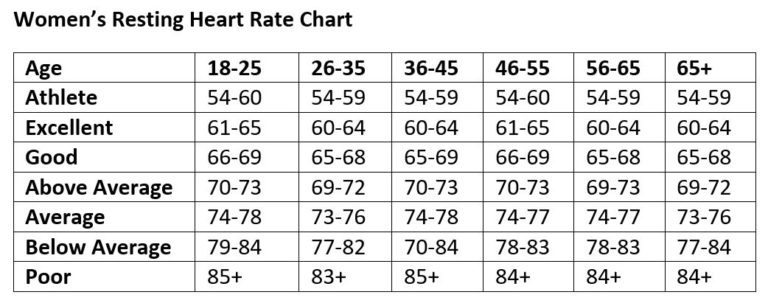


Treating supraventricular tachycardia (SVT) in hospital Your doctor may also be able to recommend some simple techniques to help stop episodes when they happen. But it could also be due to an abnormal heart rhythm or other serious condition. A heart rate of 100 beats per minute (bpm) or higher, also known as tachycardia, can be a normal body response to exercise, stress, or even too much coffee.

Now multiply 96.5 by 0.85 (85) to get 82, then add your resting heart rate of 80 to get 162.03. This is your target heart rate at 70 intensity. You may get no other symptoms, but sometimes people also: Multiply 96.5 by 0.7 (70) to get 67.5, then add your resting heart rate of 80 to get 147.5. can happen at any age, but often starts for the first time in children and young adults – many people have their first symptoms between 25 and 40.can be triggered by tiredness, caffeine, alcohol or drugs – but often there's no obvious trigger.can happen several times a day or once a year – it varies.The threshold of any normal heart rate (also known as pulse. A faster pulse rate can happen when at rest, and it can mean low blood pressure, illnesses or even the effects of running. It refers to the abnormally fast resting heart rate normally at about 100 beats per given minute. usually lasts for a few minutes, but can sometimes last for several hours High pulse rate is also known as tachycardia.Having SVT means your heart suddenly beats faster. Symptoms of supraventricular tachycardia (SVT) This can happen when you're resting or doing exercise. But with SVT your heart rate suddenly goes above 100bpm. It can then slow down abruptly.Ī normal resting heart rate is 60 to 100 beats per minute (bpm). This causes your heart to suddenly beat much faster. 'If theyre having a panic attack, it can rise to 200 beats per minute. SVT happens when the electrical system that controls your heart rhythm is not working properly. The average heart rate when youre stressed is higher: 'When someone is anxious, their heart rate is above 100 beats per minute, often between 120 and 150 beats,' says Ashesh Parikh, DO, a cardiologist with Texas Health Plano and Texas Health Physicians Group. Causes of supraventricular tachycardia (SVT) It's not usually serious, but some people may need treatment. If your heart rate is consistently high, you should make an appointment with your doctor.Supraventricular tachycardia (SVT) is a condition where your heart suddenly beats much faster than normal. Calculated Target Heart Rates Moderate, 40 - 59, 102 - 131 Hard, 60 - 84, 133 - 170 Very Hard, 85 - 100, 172 - 195 HRR heart rate reserve, HR. Supraventricular tachycardia (SVT) is characterized by bursts of fast heartbeats that start in the upper chambers of the heart. You count the number of beats over 15 seconds and multiply it times four. Or you can check your heart rate the old fashioned way by feeling the pulse in your wrist or neck. Its not usually serious, but some people may. Many people today wear a wrist band that shows their heart rate. Supraventricular tachycardia (SVT) is a condition where your heart suddenly beats much faster than normal. The list goes on and includes anxiety and poor physical conditioning. These include fever, a low red blood cell count (anemia), an overactive thyroid, or overuse of caffeine or stimulants like some over-the-counter decongestants. Usually, though, a fast heartbeat is not due to heart disease, because a wide variety of noncardiac factors can speed the heart rate. A high heart rate can also mean the heart muscle is weakened by a virus or some other problem that forces it to beat more often to pump enough blood to the rest of the body. Heart rates that are consistently above 100, even when the person is sitting quietly, can sometimes be caused by an abnormal heart rhythm.

Does a high heart rate mean I have a problem with my heart?Ī. In otherwise healthy people, a heart rate at rest should be less than100 beats per minute at rest.


 0 kommentar(er)
0 kommentar(er)
